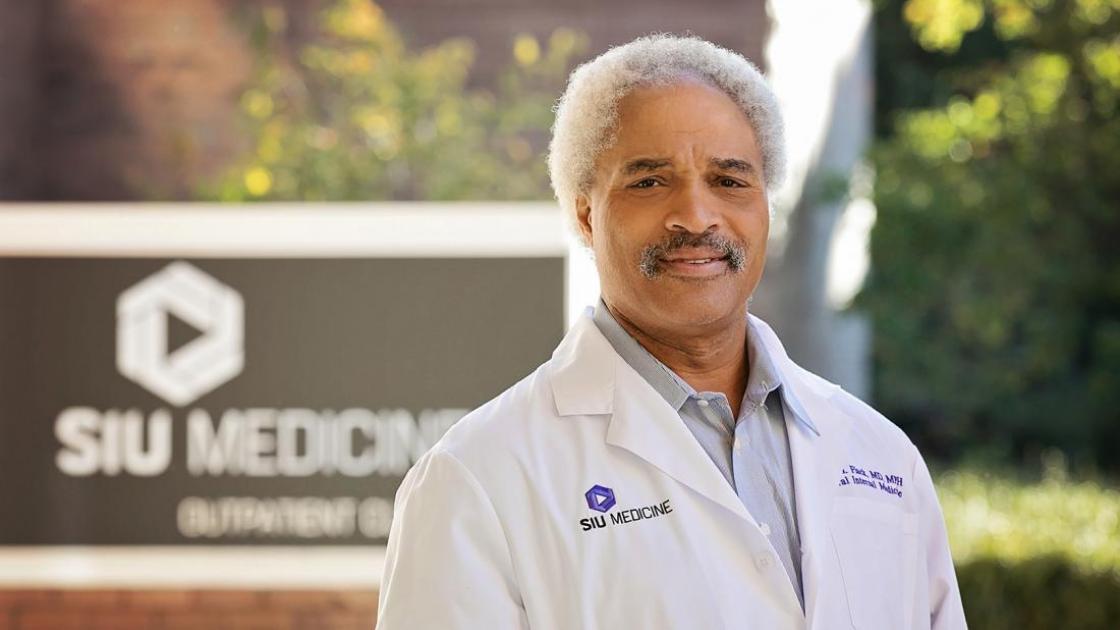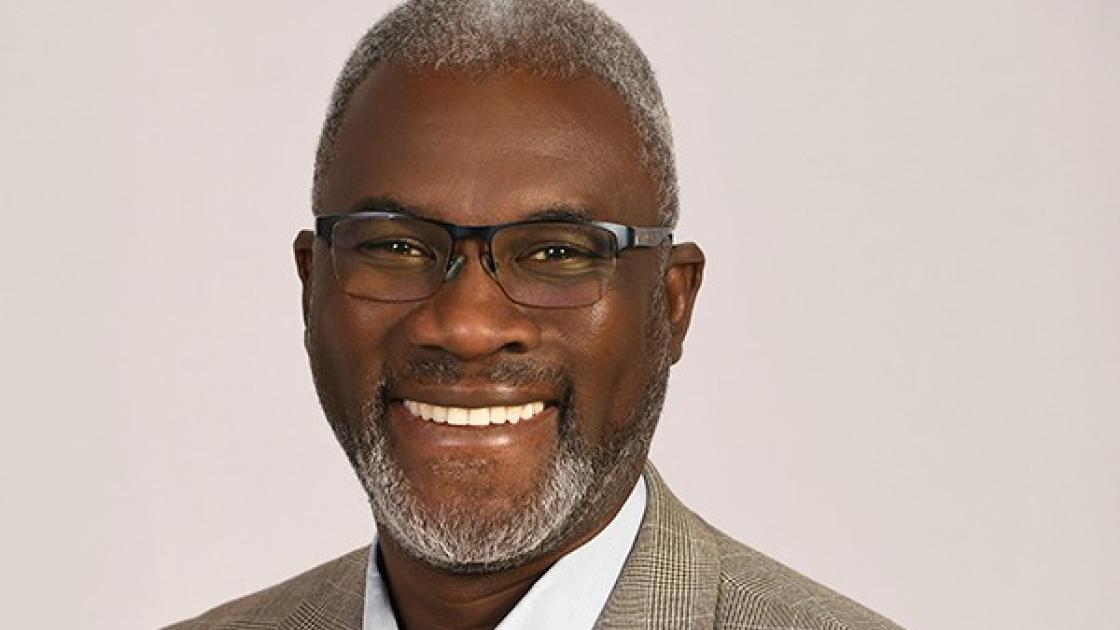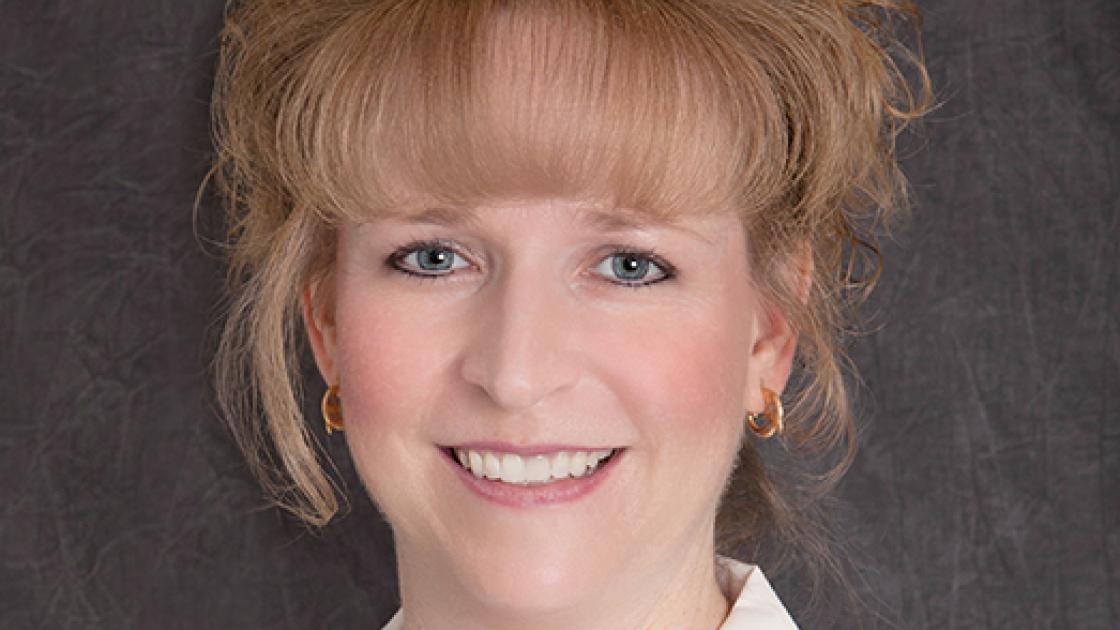
News
SIU Medicine Recruiting Patients for High Blood Pressure Study
Published Date:
SPRINGFIELD, IL – High blood pressure, or hypertension, is sometimes called “the silent killer,” but a new clinical trial will investigate if it can be affected by sound waves. SIU Medicine researchers are enrolling patients in a study to see if ultrasound energy can be used to improve blood pressure in people with resistant hypertension.
ReCor Medical’s RADIANCE-II Clinical Study is a randomized study that will give patients the opportunity to try new technology to reduce their reliance on medication. The study is designed to evaluate the ability of the Paradise Renal Denervation (RDN) System to reduce blood pressure in patients with Stage 2 hypertension who are prescribed no more than two anti-hypertensive medications.
John M. Flack, MD, MPH, will serve as the primary investigator on the study. Flack is the Sergio Rabinovich, MD, Endowed Chair of Internal Medicine at SIU School of Medicine and specializes in treating resistant hypertension in minority populations. He is an American Society of Hypertension-certified hypertension specialist and also serves as the president of the American Hypertension Specialist Certification Program.
“High blood pressure affects half of the adult population in America, and is the greatest risk factor for death and disability worldwide,” Flack said. “It increases the risk of suffering from heart disease, kidney failure, vascular disease and stroke. For patients who can’t manage their hypertension with medications or are seeking an alternate treatment for high blood pressure, this trial offers a promising new approach.”
In a recent similar study, initial results demonstrated that patients who were treated with the Paradise RDN System had a greater reduction in blood pressure than those treated with a control at 2 months. Further, blood pressure reduction was sustained at 6 months in the treated group, along with a decrease in the number of prescribed anti-hypertensive medications.
The nerves running to the kidneys are especially important in the control of blood pressure. The Paradise RDN System is a minimally invasive procedure to treat these overactive nerves. A small incision is made in the groin. A small, flexible catheter is inserted into an artery supplying the kidney. Ultrasound energy is delivered to the tissue surrounding the artery for several seconds. The sound waves generate heat to decrease the over-activity of the nerves leading to the kidney. Both kidneys are treated. Following treatment, the device is removed.
Based on the updated 2017 hypertension guidelines, 103 million adults in the U.S. have high blood pressure, with 82 million qualifying for drug therapy to lower their blood pressure to less than 130/80. According to the Centers for Disease Control, only about half (54%) of them have their condition under control.
If you have high blood pressure, you may qualify for this study. For more information about the RADIANCE-II clinical trial, please contact Emily Starkey at 217-545-7616 or visit highbptrial.com.
Schedule an interview or request more information by contacting Steve Sandstrom at 217.545.5616.
Schedule an interview or request more information by contacting Steve Sandstrom at 217.545.5616.



